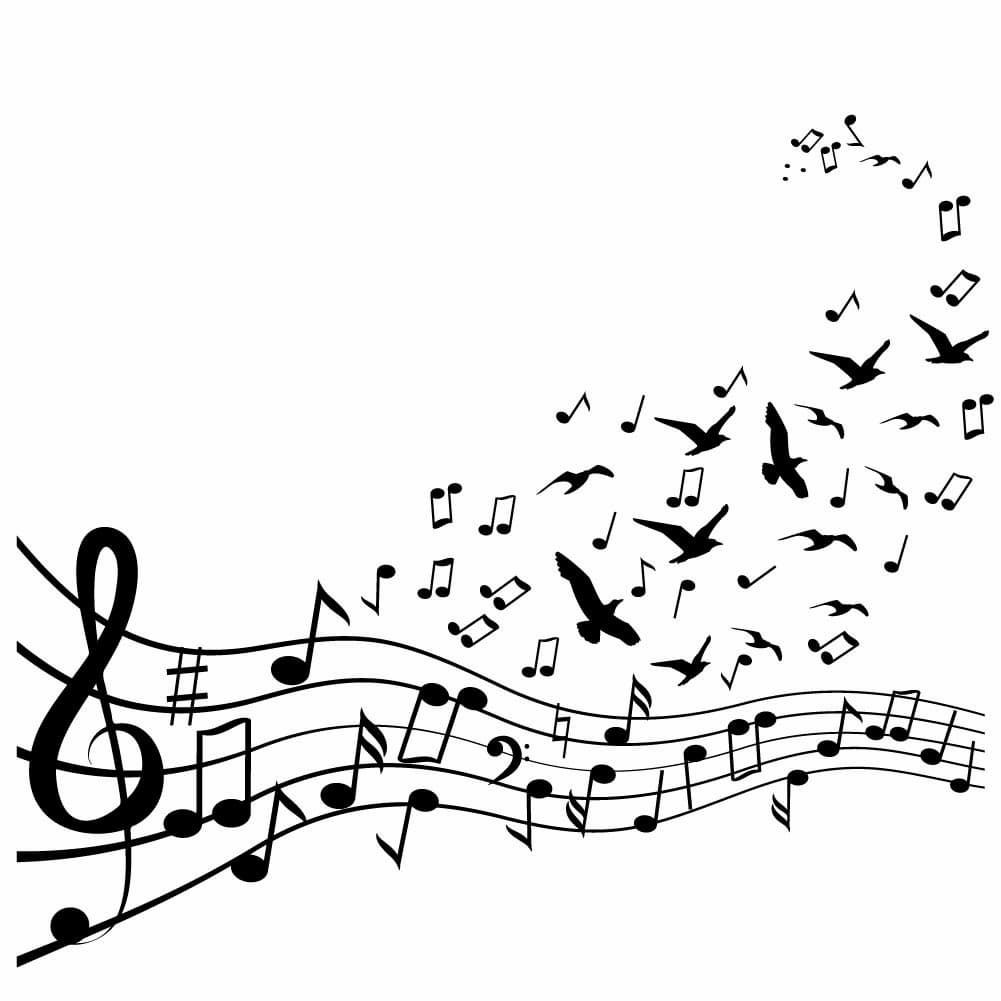
For me personally, it’s such an uplifting thought that countless people, particularly in the arts and music, are trying to promote peace and harmony through shared performances. Take for example, the “Harmony of Nations Baroque Orchestra,” a period-instrument group of young musicians from all over Europe. The 20-founding members are from 14 different Nations, including England, France, Germany, Greece, Hungary, Italy, Norway, Poland, Portugal, Spain, Sweden, Switzerland, and Wales.
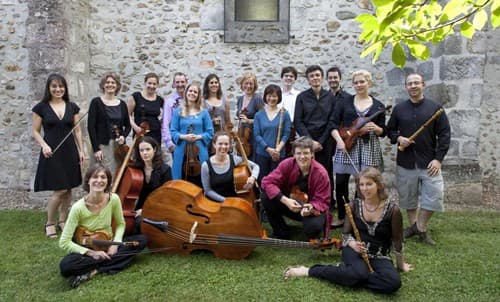
Harmony of Nations Orchestra
They speak different languages and celebrate an incredible diversity of cultural heritage. Many have lived and studied in countries other than their own, but what unites them is a common musical heritage and a desire for social harmony. And it is easy to hear the delicious result in their delight in producing the sweetest harmonies.
In 1695, the composer Georg Muffat wrote, “Weapons of war and their use are something I am unable to engage with. I busy my time with notes, strings, and sounds. I work in the cause of harmony, mixing the sounds of France, Germany, and Italy and attempting thus to prevent wars and to serve the cause of peace among nations and their striving for peace.’’
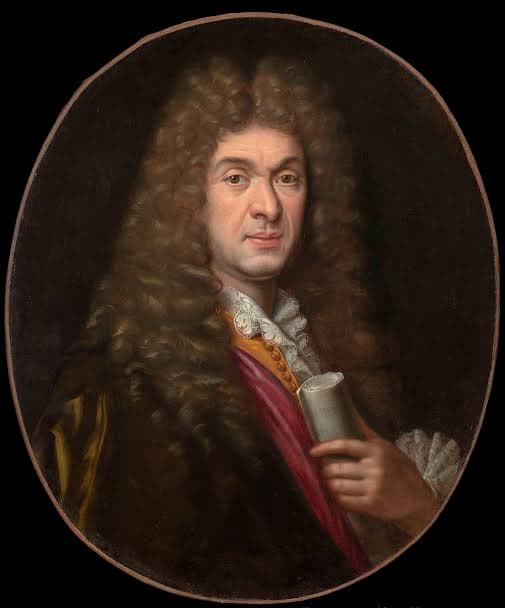
Georg Muffat
Muffat’s words are as relevant today as they were over 300 years ago. He was among the most cosmopolitan composers of the seventeenth century, growing up in the Duchy of Savoy and Alsace, regions subject to political ambitions of France and the Holy Roman Empire.
His “Florilegium Secondum” (Second Garland of Flowers) of 1698 contains dances in what he calls “a more sweet harmony.” Here, the composer takes us on a musical tour of European national musical styles and conventions, all the way from Spain to Holland, England, Italy, and France.
The Austrian composer, violinist, and silvologist—a biological scientist studying the natural ecosystems of forests and woodlands, Carl Ditters von Dittersdorf was born in 1739. He was a prolific and versatile contemporary of Haydn and Mozart, and he already knew that engagement and dialogue were the most important elements in establishing harmony among nations.
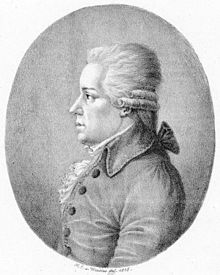
Portrait of Carl Ditters von Dittersdorf by Heinrich Eduard Wintter
National musical differences have long stimulated the creative interest of artists. For his “Symphony in the Style of Five Nations” Dittersdorf presents a fairly predictable line-up. We find the Germans, the Italians, the French, the English and the Turks. But Dittersdorf adds a little twist. He actually composes parodies of musical tastes and perhaps characters.
The Germans get things started, and all with a good bit of earnestness and determination. The Italians are portrayed as bombastic, the French as courtly and old-fashioned, the English as musically naïve, and the Turks with vigorous rhythmic intensity. The point of parody is not to insult but to invite dialogue about differences. Stand-up comedians do this all the time. In the end, Dittersdorf brings everybody together in a Finale that represents a kind of musical equivalent of the European Union.
If you ask me personally, the two biggest factors in achieving sweet harmony among nations are education and enlightenment. The sheer amount of misinformation floating around us today is pretty staggering. Education won’t give you the answers, but it will teach you how to ask meaningful and enlightened questions about any subject.
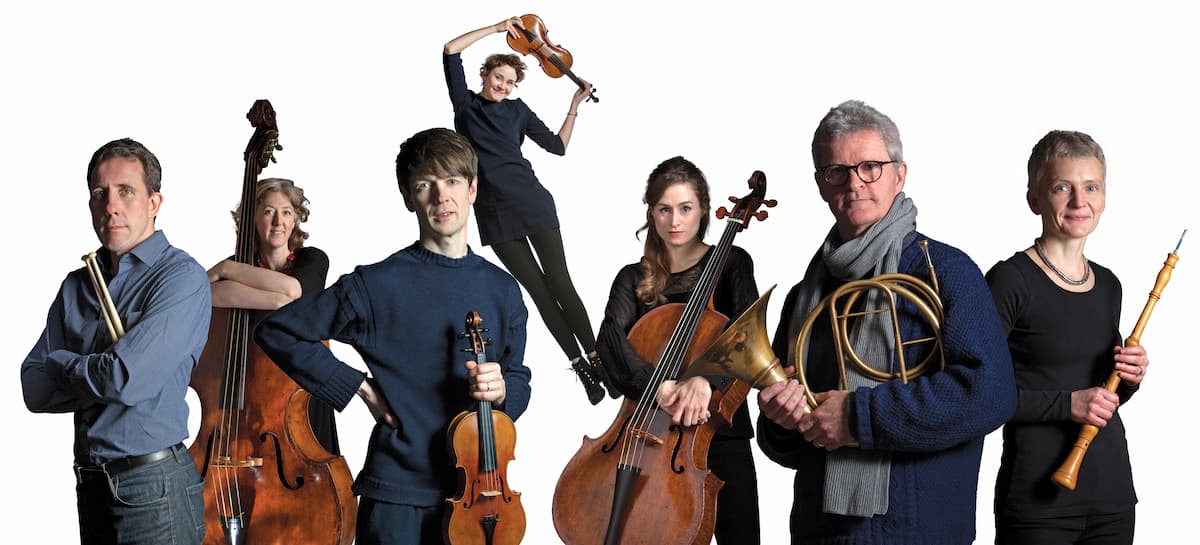
Orchestra of the Age of Enlightenment
Taking a long and hard look at what constituted an “orchestra” led to the formation of the OAE, the Orchestra of the Age of Enlightenment, in 1986. They threw out the rulebook on conducting and specializing in repertoires of a particular area. They picked up period instruments and kept questioning, adapting, and inventing.
The real challenge was to turn eccentric idealists into a coherent group. So, they agreed on how to organise and remain experimentalists. They welcomed new talents and kept on exploring performance formats, rehearsal approaches, and musical techniques. If only we could get politicians to approach their responsibilities in such an enlightened manner.
If you believe that music cannot bring people together, think again. Just ask Maestro Paavo Järvi and the Deutsche Kammerphilharmonie Bremen. The orchestra is considered at the forefront of interpreting the Classical and Romantic repertoire. Committed to colourful and transparent performances, the ensemble has captivated audiences around the world.
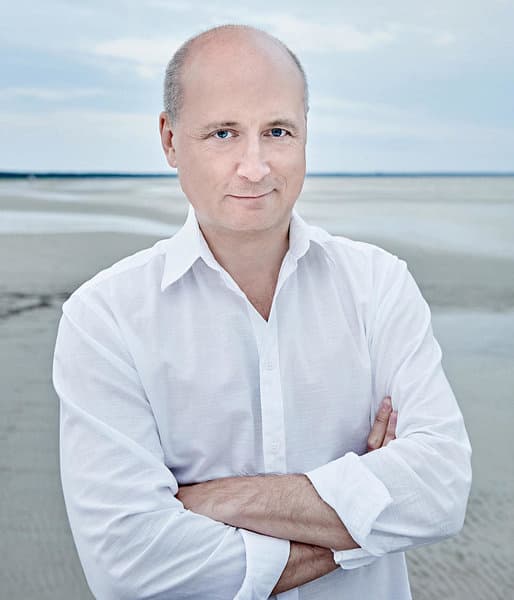
Maestro Paavo Järvi
But here is the unusual part. All 41 members of the orchestra enjoy brilliant and highly successful solo careers. From the very beginning, the musicians wanted to break new musical grounds and make key decisions on all musical issues, including performance repertory, via a democratic process. Every member of the orchestra is also a vested shareholder, and they are jointly responsible for the economic success of the business as a whole.
Collaborating with the Grammy Award-winning conductor Paavo Järvi, the result has been called sensational. The orchestra is responsive, virtuosic and alert, and Järvi’s readings are energetic, often thrilling and thoughtful, yet also driving and objective. Based on mutual respect, artistic chemistry and a profound and intuitive understanding between conductor and orchestra, isn’t it amazing that so many highly skilled individuals come together to produce the sweetest harmony in complete agreement—after much deliberation and discussion, I am sure.
Classical music is not locked-up in history but as relevant as ever because it deals with fundamental human issues. And harmony amongst nations and people is an eternal, and sometimes it seems hopeless quest. But that doesn’t mean that musicians, artists, and thinkers aren’t continuing to promote peace and harmony.
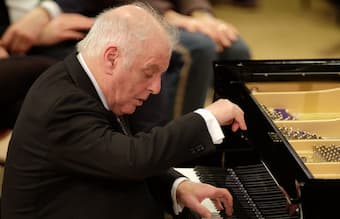
Daniel Barenboim © Peter Adamik
The pianist and conductor Daniel Barenboim is simultaneously a citizen of Argentina, Israel, Palestine, and Spain. In 1999, he teamed up with the Palestinian American academic, literary critic, and political activist Edward Said. Together they established the West-Eastern Divan orchestra as an attempt to promote understanding between Israelis and Palestinians. Bringing together young classical musicians from Israel, the Palestinian territories, and Arab countries to study and perform, this initiative advocates a peaceful and fair solution to the Arab-Israeli conflict.
Barenboim stated, “The Divan is not a love story, nor a peace story. It has very flatteringly been described as a project for peace. It isn’t. It’s not going to bring peace, whether you play well or not so well. The Divan was conceived as a project against ignorance… I am not trying to convert members of the Divan to a certain point of view, but create a platform where the two sides can disagree and not resort to knives.”
Well, Barenboim was correct, as the West-Eastern Divan Orchestra has certainly not brought peace to the region. In fact, Barenboim is now being viciously attacked for trying to advocate peace, harmony, and understanding. As elsewhere, however, the voices of reason, enlightenment, and knowledge will never be silenced when it comes to art and music.
No comments:
Post a Comment